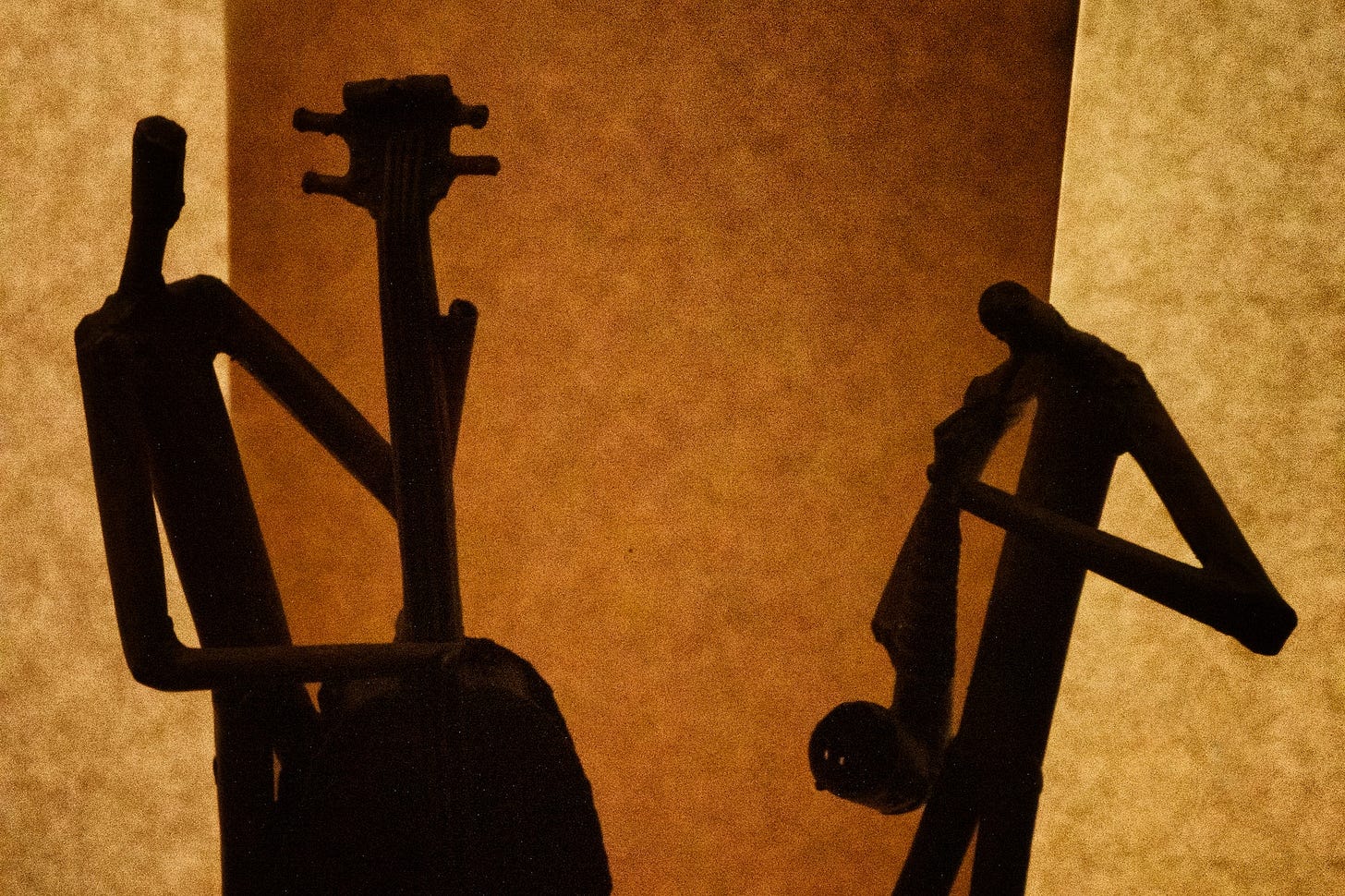The Music of Creation

By Brandon Brown
I recently began reading J. R. R. Tolkien’s work The Silmarillion which is the cosmological and historical account of the fictional universe of Middle Earth. Tolkien never finished the Silmarillion himself, instead his son Christopher took on the task of compiling and arranging the vast writings explaining the who and why of Middle Earth. The opening piece of The Silmarillion is the creation myth of Arda (the universe) by Eru Ilúvatar, the God of Tolkien’s universe.
Ainulindalë is the story of creation in the music of the Ainar who are called the “children of Ilúvatar’s thoughts.” The Ainar sing the music of Ilúvatar as part of the plan of creating and shaping Arda. It is a beautiful creation metaphor and one in which I see parallels to the creation stories of scripture. Ilúvatar tells the Ainar that the “Flame Imperishable” has been used to kindle the Ainar who Ilúvatar has make the music that eventually is revealed in the world within the void. Beautiful musical themes bring forth the beauty of a world. Through their muisc, the Ainar birth the Elves and Men. Genesis chapter one is a poetic hymn of creation in which we can see the origins of Tolkien’s own Music of the Ainar.
Genesis 1:1–5 (CEB): When God began to create the heavens and the earth was without shape or form, it was dark over the deep sea, and God’s wind swept over the waters. God said, “Let there be light.” And so light appeared. God saw how good the light was. God separated the light from the darkness. God named the light Day and the darkness Night. There was evening and there was morning: the first day.
Tolkien also introduces Melkor as powerful among the Ainar. (Melkor is the Ainar who eventually is named Morgoth because he becomes the evil antagonist). Melkor makes his own dissonant musical theme in a move to introduce his own work within the larger theme of creation. Here is where the Silmarillion hooked me. Ilúvatar reveals a third musical theme which incorporates the dissonance that Melkor has created in mischief into the larger purpose of Ilúvatar. I connect this to the idea of jazz improvisation. This is my interpretive lens for the music within the creation of Arda. Ilúvatar improvises with the dissonance of Melkor and creates the larger theme of creation in which that dissonance leads to beauty.
Like the God of scripture who reconciles through the violence of humanity, Ilúvatar transforms Melkor’s dissonance into the beauty of Arda and sparks the lives of Elves, Men, and the other races of Middle Earth we come to know. Dissonance and evil motives get integrated into a new music which transforms the dissonant into beauty. Like the absence of bad notes in good improvisational jazz, Ilúvatar makes Melkor’s bad into beauty. May we see that beauty in our world as we seek to work out loving transformation of our hearts.


